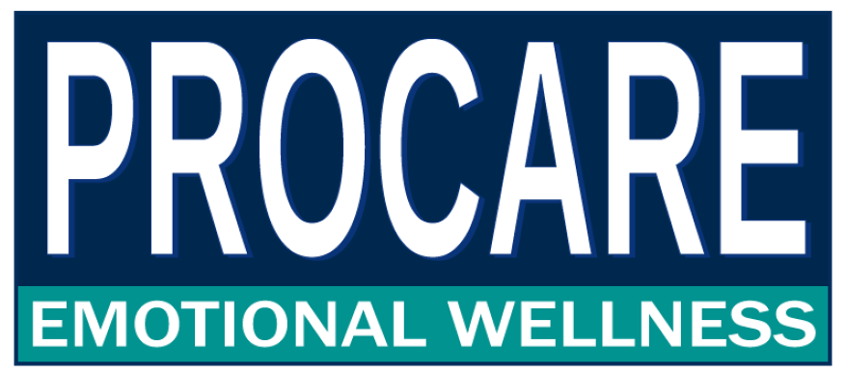Embracing Diversity and Upholding Human Rights in the Workplace
In today’s interconnected and increasingly diverse world, the call for inclusion, equity, and human rights has never been louder. For South Africans, this call resonates deeply, given the country’s complex history of inequality and its ongoing journey of transformation. Embracing diversity and upholding human rights is not only a moral imperative but also a pathway to thriving organisations and communities.
As an organisation like PROCARE, dedicated to emotional health and wellness, we recognise the importance of fostering workplaces and spaces that honour every individual’s unique identity while championing their dignity and rights. Let us explore why diversity and human rights matter in our personal and professional lives and how we can actively promote these values.
Why Diversity Matters
Diversity in the workplace and community refers to the presence of individuals from different backgrounds, experiences, cultures, genders, and abilities. When diversity is embraced, organisations benefit from a variety of perspectives, innovation thrives, and employees feel valued.
In South Africa, the diversity of our population is one of our greatest strengths. Yet, it also comes with challenges such as unconscious bias, stereotypes, and systemic barriers. Addressing these requires intentional action and the creation of inclusive environments where everyone can participate and succeed.
The Role of Human Rights in the Workplace
Human rights in the workplace ensure that every individual is treated with dignity and respect. In South Africa, this principle is embedded in our Constitution, which upholds equality, dignity, and freedom as foundational values.
Employers have a legal and ethical duty to create environments free from discrimination, harassment, and inequality. Upholding human rights also involves providing fair wages, promoting gender equality, and ensuring accessibility for people with disabilities.
When organisations prioritise human rights, employees feel safe, valued, and empowered. This positively impacts mental health, emotional well-being, and productivity – all critical components of a thriving workforce.
How to Embrace Diversity and Uphold Human Rights
Cultivate Awareness and Education:
Organisations should provide training on diversity, equity, and inclusion. Understanding the dynamics of privilege, unconscious bias, and systemic inequality helps build empathy and awareness.Foster Inclusive Leadership:
Leaders play a critical role in shaping organisational culture. Inclusive leaders actively listen, encourage diverse voices, and ensure that policies reflect fairness and equity.Celebrate Cultural and Social Differences:
Embrace opportunities to honour South Africa’s rich cultural heritage through workplace initiatives like Heritage Day celebrations or cultural exchange programmes.Commit to Equitable Policies:
Ensure workplace policies address issues such as equal pay, maternity and paternity leave, and the inclusion of marginalised groups. Accessibility measures for people with disabilities must also be prioritised.Support Emotional Health and Wellness:
Diversity and human rights are deeply connected to emotional well-being. Organisations like PROCARE offer Employee Wellness Programmes (EWP) that address mental health challenges, workplace conflict, and personal development, ensuring that employees feel supported.Engage with the Community:
Beyond the workplace, advocate for human rights by supporting community initiatives that address inequality, promote education, and uplift marginalised voices.
The Ripple Effect of Diversity and Inclusion
When organisations and individuals embrace diversity and uphold human rights, the benefits extend beyond the workplace. We create healthier communities, foster meaningful connections, and contribute to a society where everyone has the opportunity to thrive.
In South Africa, where our past reminds us of the harm caused by division, our future depends on unity, inclusion, and respect for all. Let us take intentional steps to promote these values in every sphere of life.
References and Further Reading
Constitution of South Africa: https://www.justice.gov.za/legislation/constitution/SAConstitution-web-eng.pdf
McKinsey & Company. (2020). Diversity wins: How inclusion matters.
https://www.mckinsey.comSouth African Human Rights Commission: https://www.sahrc.org.za
Business Unity South Africa (BUSA): Resources on workplace diversity and inclusion
https://busa.org.zaPROCARE Employee Wellness Programmes: https://procare.co.za
UN Universal Declaration of Human Rights: https://www.un.org/en/about-us/universal-declaration-of-human-rights
Harvard Business Review. (2021). The case for inclusive workplaces.
By championing diversity and human rights, we not only strengthen our workplaces but also build bridges towards a more just and compassionate society. Together, we can lead with empathy, foster inclusivity, and pave the way for a better tomorrow.

